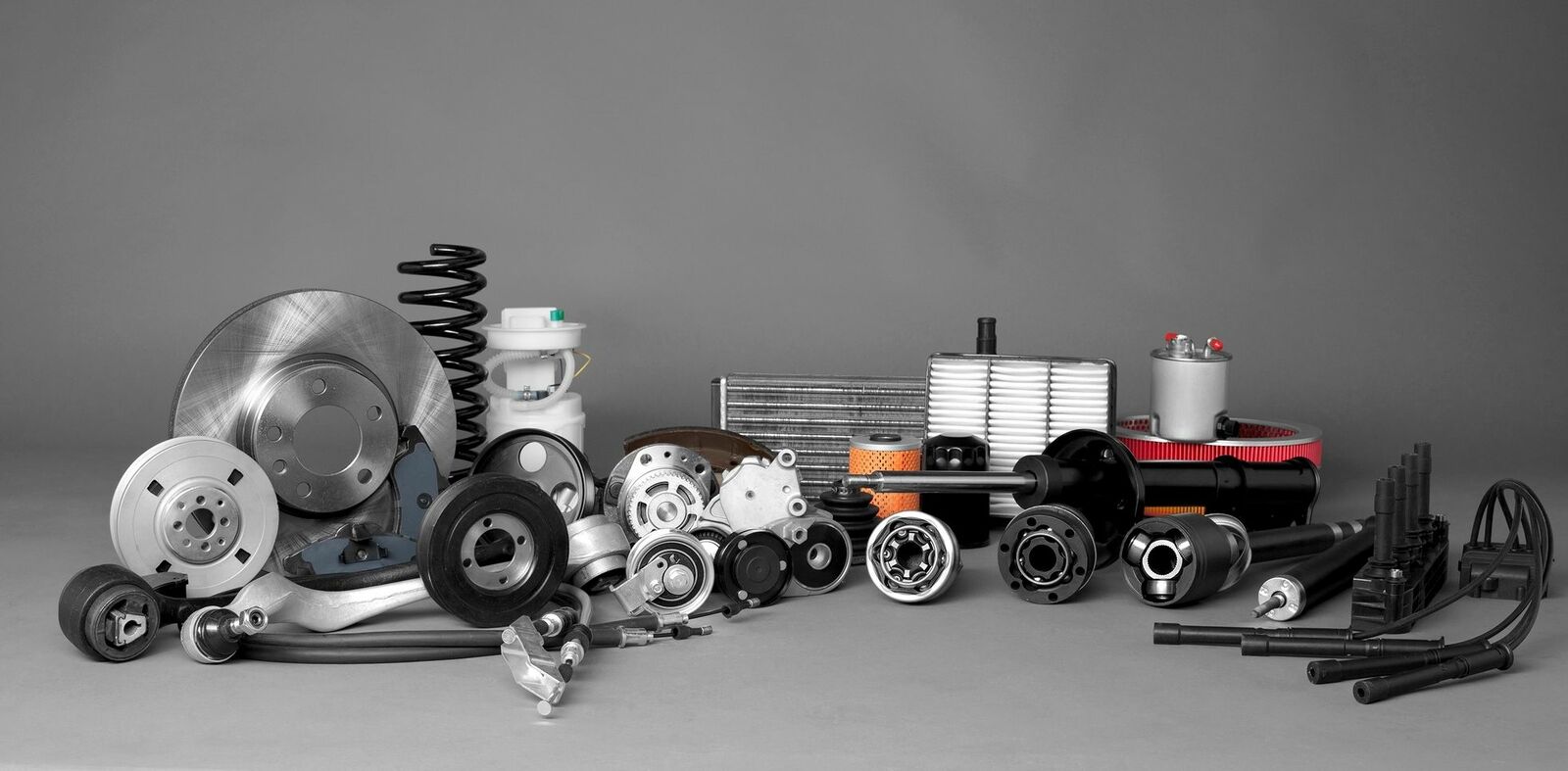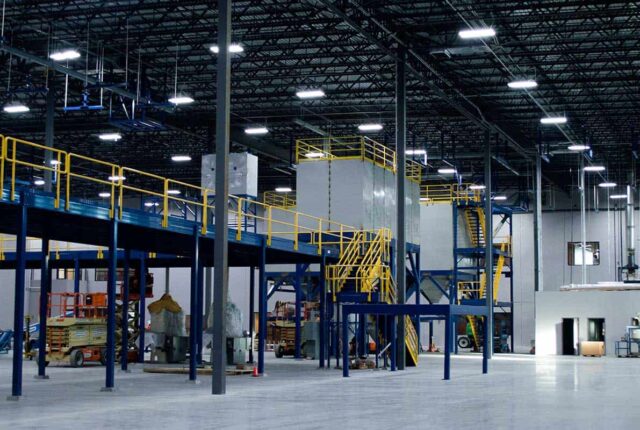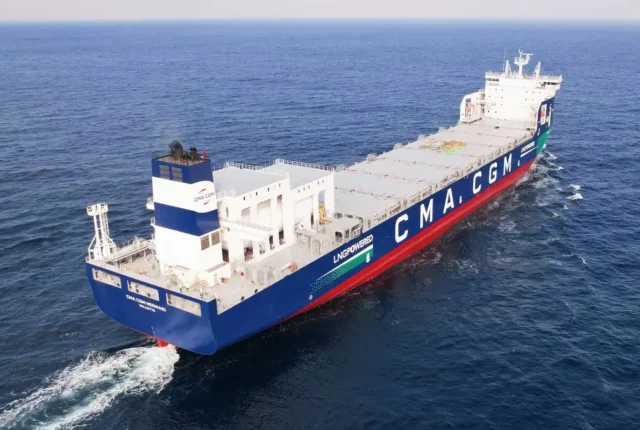
White House to Impose 25% Tariffs on Autos and Select Parts
President Trump on March 26, signed a proclamation invoking Section 232 of the Trade Expansion Act of 1962 to impose a 25% tariff on imports of automobiles and certain automobile parts.
The 25% tariff will be applied to imported passenger vehicles (sedans, SUVs, crossovers, minivans, cargo vans) and light trucks, as well as key auto parts (engines, transmissions, powertrain parts, and electrical components), with processes to expand tariffs on additional parts if necessary.
However, the White House said importers of automobiles under the United States-Mexico-Canada Agreement (USMCA) will be given the opportunity to certify their U.S. content and systems will be implemented such that the 25% tariff will only apply to the value of their non-U.S. content. USMCA-compliant auto parts will remain tariff-free until the Secretary of Commerce, in consultation with Customs and Border Protection (CBP), establishes a process to apply tariffs to their non-U.S. content.
The White House proclamation said under Section 232 of the Trade Expansion Act of 1962 gives the president the authority to adjust imports into the U.S. in quantities or under circumstances that threaten to impair national security.
The White House’s decision to impose a 25% tariff on imported automobiles and select auto parts is poised to significantly impact the freight industry. This move is expected to disrupt supply chains, elevate transportation costs, and alter global trade routes, necessitating strategic adjustments from logistics providers and manufacturers alike.
Source: NCBFAA






